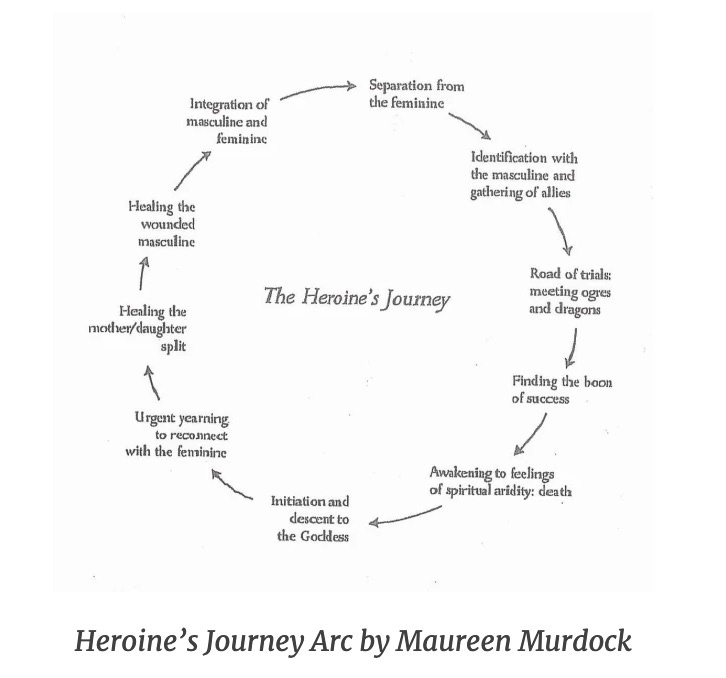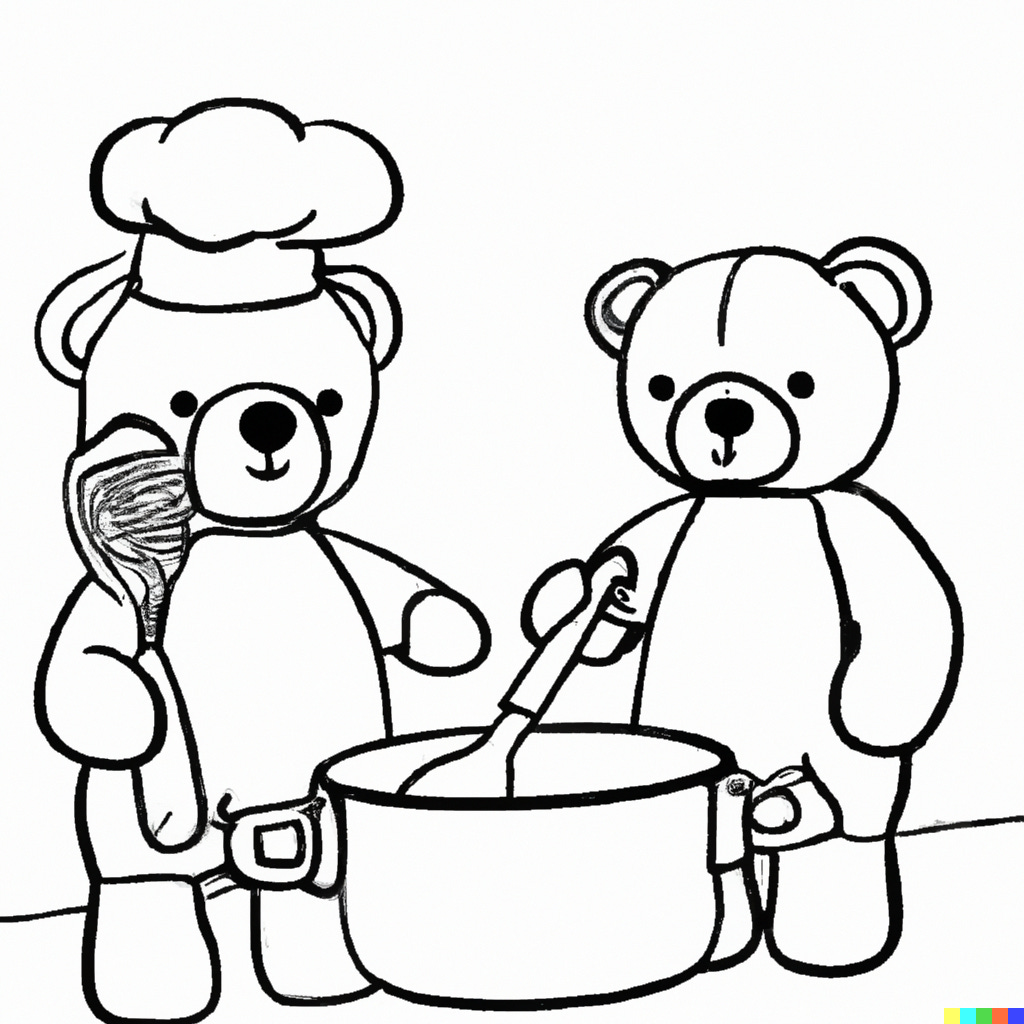It’s holiday time. And typical of the rather constant midlife shape-shifting that goes on at this age, I’m redesigning summers. This is the first time I’m not organising my summer around my Canadian-based mother. As I type that, I hear her voice (loudly) in my head: “as though you ever organised anything around me…” with a slightly derisive roll of her eyes. But I did. Just for the record. This too, is a new experience, having the last word in conversations with my mother.
I’ve been hanging out with psychologist and fellow substack-writer, Dr Sharon Blackie, who’s myth-infused summary of midlife is one of the better ones I’ve read (see below). She’s also the author of soon to be published Hagitude. I’ve been following an online course with her over the summer, about the role of women in the second half of life. It’s a spirited call to action.
Whenever it occurs, and in whatever form, I’d argue that the midlife transition has a developmental purpose, and that purpose is above all about waking up. It’s a period of existential angst, of soul-searching, as we begin to question – and ultimately to discover – who we believe we are, and just what we believe all this life is for.
Blackie pokes holes into the culture-dominating narratives of the hero’s journey, first crafted by Joseph Campbell back in 1949. She offers an alternative roadmap and powerful archetypal role models for the mass of midlife women rising. I highly recommend her bracing invitation to redefine impact and purpose in maturity with a female lens.
Like Maureen Murdock before her, she’s suggesting that women’s lives follow a different path than the male-normed journey we’ve all been raised on. I’ve been reading Murdock’s book, The Heroine’s Journey, with great pleasure. Written a couple of decades ago, it echoes what I have been writing about women’s careers… they are different than men’s.
Recognise Differences
Until that is recognised and valued, women are being allowed into male systems (companies, politics, sports), as long as they play by the existing norms and rules. In essence, in many companies where I have worked, they have to become men. But in doing so, they lose some of their potential power. That playbook doesn’t serve us - or the world - and it’s time to wake up and claim the difference. For ourselves first, and then for all of us.
Murdock maps this out in the heroine’s journey. She says that today’s ambitious women set off on the hero’s journey because it’s the only respected game in town. They succeed at it, but it doesn’t deeply satisfy over time. And midlife is often the moment of awakening and redefinition. Where they feel the urge to recognise and embrace more feminine values and motivations, and rebalance the masculine and feminine within. This is equally true for men and women.

As so often, a relevant illustration fell into my in-box this morning. My son sent me a lovely ad from French telecoms company Orange. My first reaction was delight at the gentle poke at our gender stereotypes. The scene opens with highlights from the 2023 season, and its best goals, by a male team. So far, so normal. But halfway through, they admit it’s a fake. And that the real players were actually women.
On second viewing, this is exactly what these authors are pointing to. That women succeed when they play the man’s game by the men’s rules. (An early hint that these are women’s games are the sparsely populated stands. Will women ever be as motivated to watch humans competitively running after a ball as men are? Some research suggests they are half as likely as men to watch women’s football).
Going Mainstream or Going Male?
Many of the women I know have succeeded professionally in male dominated (and more importantly male-normed) organisations. But often discover they are never truly accepted and integrated. Nor defended as one of the team if ever the shit hits the fan (like Alison Rose’s forced resignation from the leadership of Natwest this week after a 30-year career. She seems to have been the inevitable female collateral damage in a spat between men. Slain at the skillful hands of classic-male-villain Nigel Farage who didn’t like being told that he wasn’t wealthy enough to play in the big boys’ bank, Coutts).
Women are waking up. They are powering a lot of the attention to this new midlife moment. They are the majority of participants in most of the midlife transition programs I’ve been researching. A slew of new initiatives, websites and menopause-awareness building is under way. They are talking, sharing, and role modelling societal grandmothering, or what my friend Barbara Waxman calls the ‘modern matriarchy.’ They are slowly discovering that Q3 may be their most powerful, productive and engaged decades yet.
There is a lot less attention being given to men and midlife. Here, most of the attention seems to skew towards extending life rather than navigating its more natural contours. The whole issue of gender differences in ageing is rarely addressed.
My thesis would be that the genders become more similar in the second half of life. Men have less testosterone, women less estrogen. The stereotypes and vilifying about crones and witches, long aimed at older women, is simply that mature women start speaking their mind more forthrightly. A friend of my mother’s was one of the founders of a group in Canada called The Raging Grannies. Men calm down a bit. As any military knows, likelihood of war correlates directly to the prevalence of young men. Ageing societies are likely to be calmer ones.
A 10-year study in the US found that men suffered a bigger post-retirement drop in mental cognition than women. Twice as large. Yet retirement in most companies and countries is still an unforgiving cliff edge. Here today, gone tomorrow. The sudden loss of identity, purpose and community leaves countless men at loose ends without the plans or the networks to navigate later life. Women, more socially connected, muddle their way through with a little help from their girlfriends. Men too often disappear into their dens. This isn’t good for them, nor for the women they live with.
How do we get more men engaged in managing midlife transitions? Research shows that men don’t really like the word ‘midlife.’ I think it will require more respected labels and mainstream acceptance. The Harvard programme I did last year was a midlife transition program in all but name. It was called the more aspirational (and I’d argue more male-friendly) Advanced Leadership Initiative. It was also 50/50 gender balanced. All the other universities starting such programmes are following suit.
The real opportunity, I would argue, isn’t to recreate the mistake we’ve made once. We shouldn’t feminise midlife, even if women are likely to be both more skilled and more interested in it. We should gender balance it. And get mature men and women in conversation to balance back from the overly masculine world we’ve birthed (which is killing birthrates globally), to a more balanced social and political system.
I’ll give the gentlemen the last word with an on-point quote from David Dunbar, describing Murdock’s book:
”A fascinating Jungian analysis of what it means to be a woman. The Heroine's Journey is a counterweight to the patriarchal bias of Western society which privileges male experience. Murdock has to reach back to pre-Christian mythology and beyond the confines of Western society to illustrate the archetypal nature of women's experiences and to lay bare the dysfunctional 'to hell in a handcart' direction of a society that not only ignores but disdains the Feminine as a valid and balancing social and psychological force. This book should not be read necessarily as a gender-focused tract. We all contain a mixture of the Masculine and the Feminine. As a man, I was easily able to identify with the sometimes toxic effects our patriarchal society has on the individual. I have suffered too. I enjoyed this book immensely and appreciated the insights it provided. If we are to heal the world, we need urgently to adopt Feminine values more widely and more deeply.”






